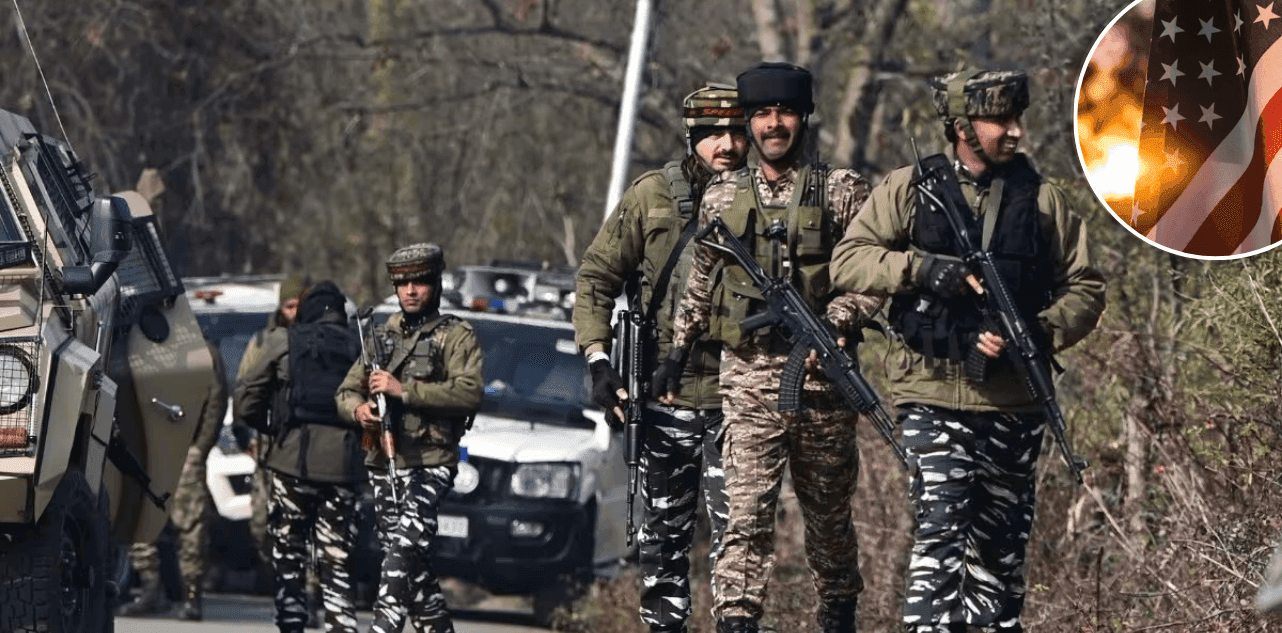Tuesday 17 February 2026
The US Issues “Do Not Travel” Advisory for J&K after Pahalgam
Share

In the wake of the horrific terrorist attack that shook Pahalgam, Jammu and Kashmir, the United States has issued a stern Level 4 “Do Not Travel” advisory for the region. The move comes as a direct response to the April 22 massacre in the Baisaran Valley near Pahalgam, where militants opened fire on a group of tourists, killing at least 26 people and leaving several others injured.
The U.S. advisory, released through the official website of the U.S. Mission in India, underlines the rapidly deteriorating security sitaution in Jammu and Kashmir. In the aftermath of the devastating terrorist attack in Pahalgam, Jammu and Kashmir, the United States has issued a Level 4 'Do Not Travel' advisory for the region, citing heightened security risks and the potential for further violence.
The U.S. government has flagged serious concerns over the possibility of more attacks and ongoing militant activity in the area. U.S. citizens are reminded that the Department of State has a “Do Not Travel” advisory for Jammu and Kashmir. The travel advisory can be found on travel.state.gov.
The advisory, warns: "Terrorist attacks and violent civil unrest are possible in the union territory of Jammu and Kashmir. Do not travel to this state (with the exception of visits to the eastern Ladakh region and its capital, Leh). Violence occurs sporadically, particularly along the Line of Control (LOC) between India and Pakistan, and also affects popular tourist destinations such as Srinagar, Gulmarg, and Pahalgam. Foreign tourists are restricted from visiting certain areas along the LOC."
The advisory further urged Americans who are currently in the region to maintain high levels of vigilance. Emphasizing the gravity of the situation, the US Embassy in New Delhi advised Americans to stay alert if they are currently in the region and to refrain from travelling to Jammu and Kashmir. It also included a strong warning to avoid areas within 10 kilometers of the India-Pakistan border due to the ever-present danger of armed conflict. Due to the possibility of armed conflict, the alert further advised against visiting within 10 kilometers of the India-Pakistan border.
The attack was later claimed by the Kashmir Resistance Front (TRF), a militant outfit believed to be an offshoot of the Pakistan-based terror group Lashkar-e-Taiba. Indian authorities have tied the group to several previous attacks, alleging a consistent pattern of Pakistan’s involvement in cross-border terrorism. Indian authorities have linked the group to previous attacks and have accused Pakistan of supporting cross-border terrorism, a claim that Pakistan denies.
With tensions in the region running high, and the investigation into the attack ongoing, the situation remains volatile as global attention turns once again to the fragile peace in Kashmir.
Newsletter
Stay up to date with all the latest News that affects you in politics, finance and more.